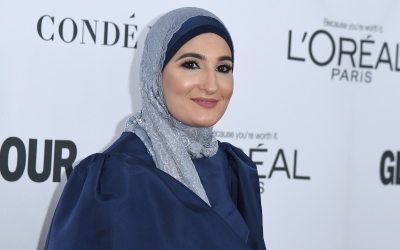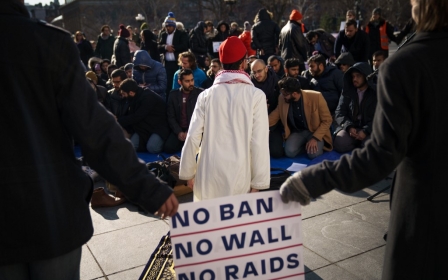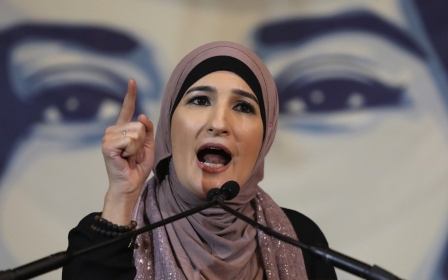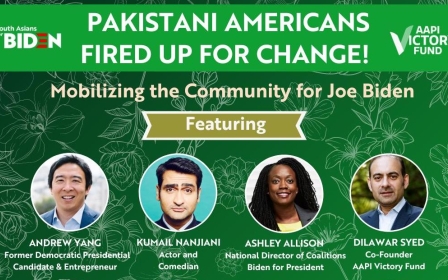Muslim Americans care more about civil rights than foreign policy, survey claims
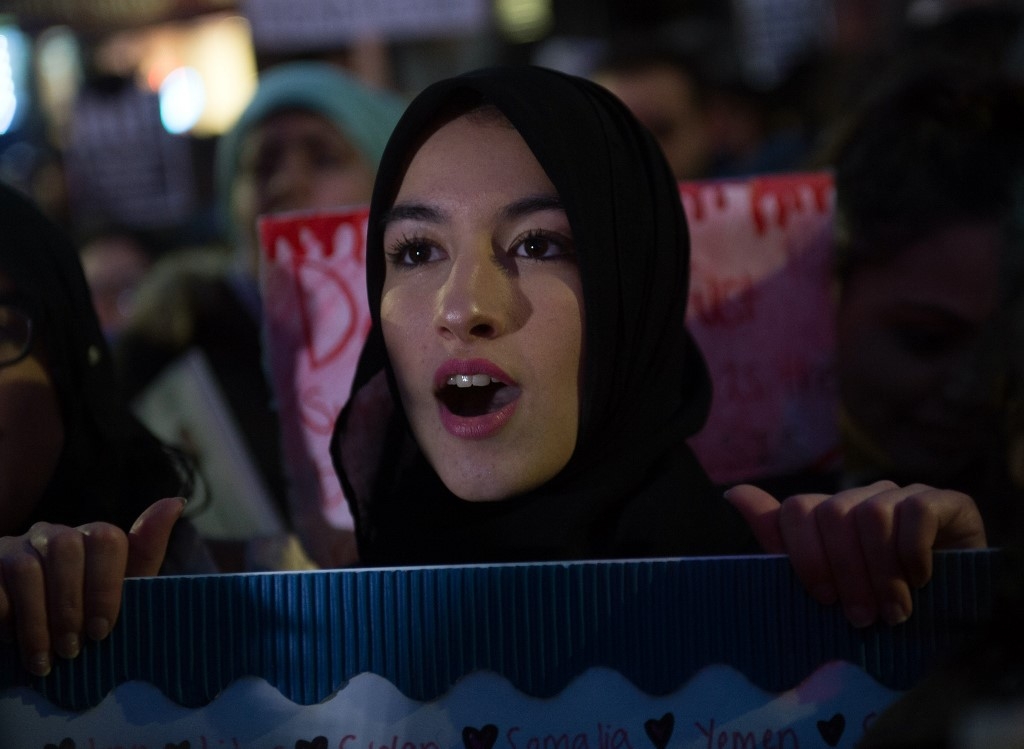
Muslim Americans care more about civil rights, health care and education reforms than foreign policy, an online survey by a coalition of national Muslim organisations has claimed.
According to the survey, which was held over a period of five months and gathered the opinions of around 1500 respondents from Black, Arab, Middle Eastern, South Asian and white Muslim Americans, more than 80 percent of respondents said they felt civil rights issues and policies are the most important to them.
The survey, which was conducted in 45 states, also found that over 65 percent of respondents found health care to be a top policy priority.
During an online press conference on Tuesday announcing the findings, Mohammed Missouri, the executive director at Jetpac, one of the Muslim organisations that administered the poll, highlighted the fact that foreign policy did not rank as a top priority among any age group.
'This survey shows very clearly that foreign policy isn't the top issue for any generation or age group of the people we surveyed'
- Mohammed Missouri, executive director at Jetpac
"Although the media and political parties and different advocacy groups have traditionally treated our community as a monolith of single-issue voters on foreign policy, I think this survey shows very clearly that foreign policy isn't the top issue for any generation or age group of the people we surveyed," Missouri said.
"I think what it really shows is that Muslims care about a wide range of issues," he continued.
Still, more than 60 percent of respondents said they would like to see policy changes to the Trump administration's so-called Muslim Ban, which bars travellers from several Muslim-majority countries from being considered for US visas.
Respondents over the age of 70 seemed to prioritise Muslim Ban reforms, with more than 75 percent agreeing that they want to see the policy changed.
Last month during an online conference dubbed the Million Muslim Votes Summit, presidential candidate Joe Biden vowed to end the so-called Muslim ban on his first day in office, if elected president.
Biden also vowed to take on civil rights initiatives like passing hate crimes legislation such as the Jabara-Heyer No Hate Act and the End Racial and Religious Profiling Act - issues that are important to American Muslims.
Battleground states
Tuesday's poll showed that Muslim Americans in Florida, Michigan, Ohio, Pennsylvania, Texas and Virginia - all heated races - held similar views to those across the country, reporting that civil rights, health care, immigration and education are their biggest areas of concern.
"We chose to do a deep dive in these battleground states because they hold some key pivot counties for the Muslim American community - all states which we lost by the way in the last presidential cycle except for Virginia," Aysha Ahmed, deputy national organising director at Emgage said.
"[Muslim Americans] are not a large voting bloc but we are definitely a strategic voting bloc, and when we put our forces behind key pivot counties, we can win the policy changes that we want to see," Ahmed continued.
Climate change, foreign policy and the economy also ranked as important to around 50 percent of respondents.
On direct policy issues, over 45 percent of Muslim Americans said they would like to see reforms regarding the handling of international humanitarian crises, religious discrimination, Medicare for All and gun control.
National security and border control, LGBTQ+ issues, bullying in schools and tax policies ranked the lowest in issues concerning the community.
For the most part, respondents reported similar concerns across all age groups, with the exception of campaign finance reforms, with over 40 percent of those over 70 saying they would like to see changes, compared to a little over 20 percent concerned about the issue in other age groups.
Those under 34 also showed more interest in student loan reform, with 40-45 percent interested in policy changes around the issue, compared to just 20-30 percent expressing concern in age groups over 40.
The highest percentage of participants in the survey were between the ages of 40-54 (21 percent) and 55-69 (17 percent).
Also included in the poll were results from those who labelled themselves "non-muslim allies", a group that overwhelmingly prioritised issues similarly to the Muslim American poll-takers.
Middle East Eye propose une couverture et une analyse indépendantes et incomparables du Moyen-Orient, de l’Afrique du Nord et d’autres régions du monde. Pour en savoir plus sur la reprise de ce contenu et les frais qui s’appliquent, veuillez remplir ce formulaire [en anglais]. Pour en savoir plus sur MEE, cliquez ici [en anglais].


